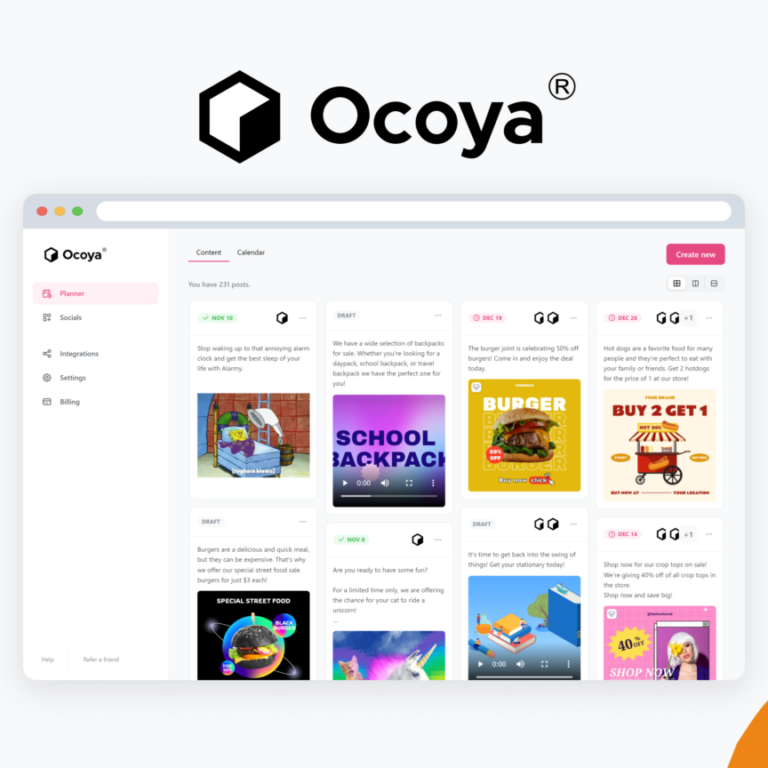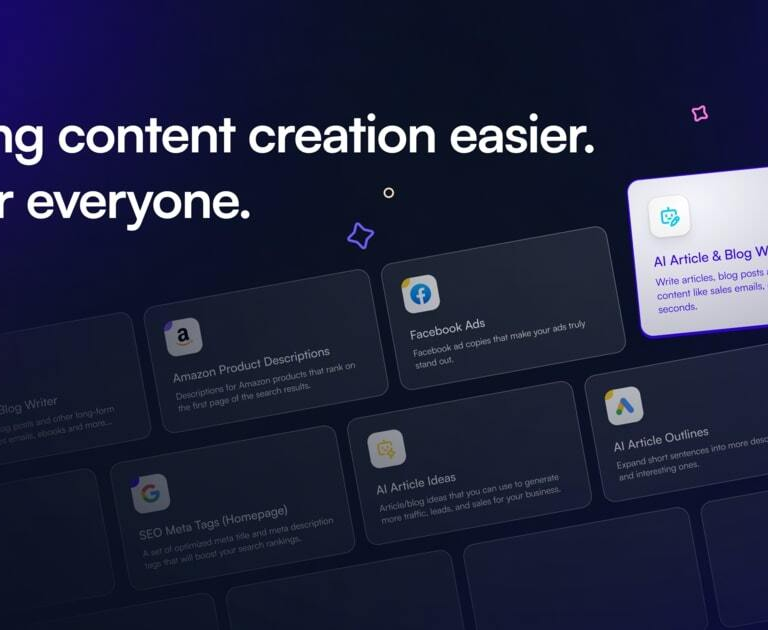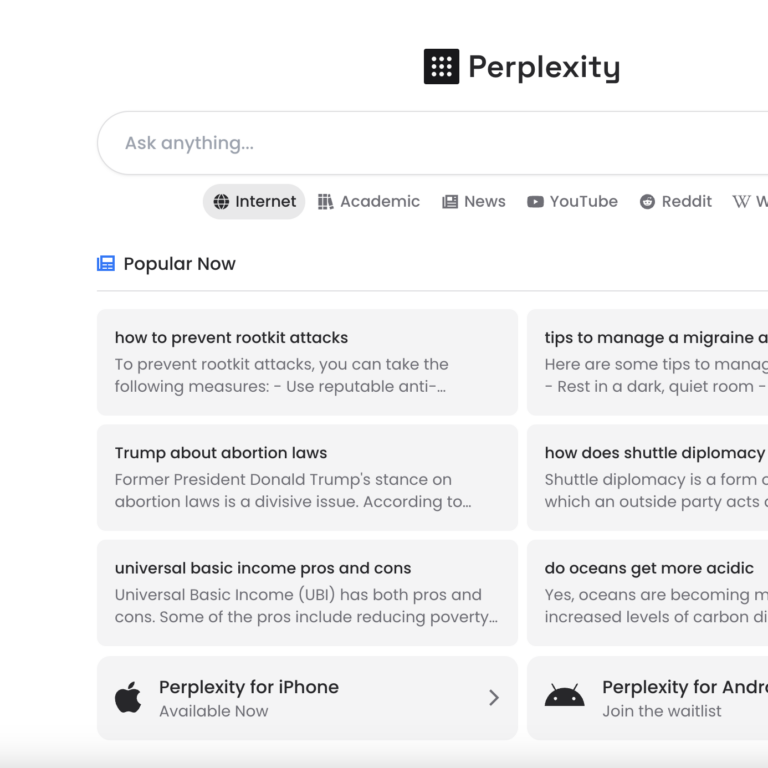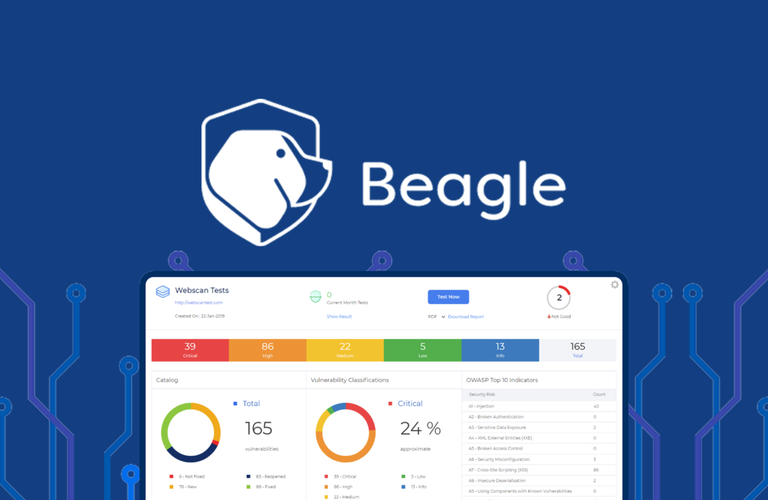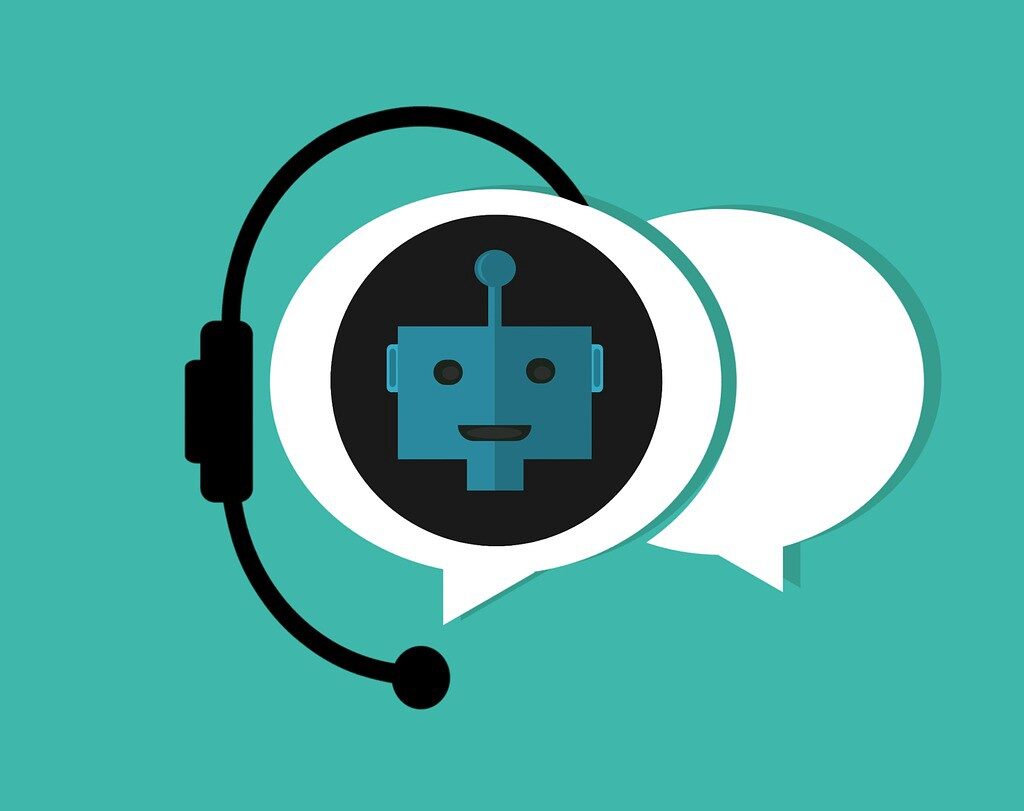
Introduction: ChatGPT vs Google Gemini vs Microsoft Copilot
In today’s fast-paced digital world, AI chatbots have revolutionized the way we interact with technology. From assisting in customer service to enhancing personal productivity, AI chatbots are integral to modern technology. This article delves into a comparative analysis of three leading AI chatbots: OpenAI’s ChatGPT, Google Gemini, and Microsoft Copilot. We’ll explore their features, performance, user experience, and more to help you understand which one might best suit your needs.
What is OpenAI’s ChatGPT?
History and Development
OpenAI’s ChatGPT is an advanced language model developed by OpenAI. It has undergone several iterations, with each version bringing more sophistication and capability. Initially launched as GPT-2, it gained significant attention for its ability to generate human-like text. The subsequent release of GPT-3 further cemented its reputation, offering even more impressive capabilities.
Key Features
ChatGPT is known for its robust natural language processing (NLP) capabilities. It can understand and generate human-like text, making it useful for a variety of applications. Key features include context-aware responses, conversational abilities, and extensive training on diverse datasets.
Use Cases
ChatGPT is versatile, finding applications in customer support, content creation, and as a virtual assistant. Its ability to generate detailed and coherent text makes it a valuable tool for businesses and individuals alike.
What is Google Gemini?
History and Development
Google Gemini is Google’s response to the growing demand for intelligent chatbots. Leveraging Google’s extensive resources and expertise in AI, Gemini aims to offer a high level of interaction and user engagement. It’s built on the foundations of Google’s existing AI research and development.
Key Features
Gemini boasts impressive NLP capabilities, similar to ChatGPT. Additionally, it offers seamless integration with Google’s suite of products, making it an attractive option for users already within the Google ecosystem. Features include advanced search capabilities, real-time data access, and multilingual support.
Use Cases
Google Gemini is particularly effective in environments that rely heavily on Google services, such as educational institutions and businesses using Google Workspace. Its ability to integrate with other Google tools enhances its utility in these settings.
What is Microsoft Copilot?
History and Development
Microsoft Copilot is part of Microsoft’s broader AI initiatives. It builds on the company’s extensive experience in AI and cloud computing. Copilot is designed to work seamlessly within Microsoft’s ecosystem, particularly with tools like Office 365 and Azure.
Key Features
Microsoft Copilot excels in providing contextual assistance within Microsoft products. Its features include integration with Office applications, real-time collaboration support, and enterprise-level security. Copilot is designed to enhance productivity by providing relevant suggestions and automating routine tasks.
Use Cases
Microsoft Copilot is ideal for business and enterprise environments. It enhances productivity in workplaces that rely on Microsoft Office tools, offering features that streamline workflows and improve efficiency.
Comparing the Development and Background
Origin and History
Each of these AI chatbots has a unique origin story. ChatGPT originates from OpenAI, a leading research lab. Google Gemini benefits from Google’s extensive AI research, while Microsoft Copilot is a product of Microsoft’s long-standing commitment to integrating AI into its software solutions.
Funding and Resources
OpenAI has received substantial funding from various sources, including tech giants like Microsoft. Google and Microsoft have the advantage of vast financial and technical resources, allowing them to invest heavily in the development of their respective chatbots.
Development Teams
The development teams behind these chatbots are composed of some of the brightest minds in AI. OpenAI’s team includes renowned researchers in machine learning. Google and Microsoft similarly have dedicated AI divisions focused on pushing the boundaries of what these chatbots can achieve.
Key Features Comparison
Natural Language Processing Capabilities
All three chatbots excel in NLP, but they each have unique strengths. ChatGPT is known for its conversational fluency, Gemini for its integration with real-time search and data, and Copilot for its contextual understanding within Microsoft applications.
Integration with Other Platforms
Google Gemini offers the best integration with Google services. Microsoft Copilot is unparalleled in its compatibility with Office tools. ChatGPT is more platform-agnostic, providing versatile integration options across various applications.
Customization Options
Customization is crucial for business applications. ChatGPT offers flexible APIs that developers can tailor to specific needs. Google Gemini provides customization primarily within the Google ecosystem, while Microsoft Copilot offers robust customization within Microsoft’s suite of tools.
Performance and Efficiency
Speed and Responsiveness
All three chatbots are designed for quick responses. However, Google Gemini and Microsoft Copilot may have an edge due to their integration with powerful cloud services, ensuring rapid data processing and response times.
Accuracy in Generating Responses
ChatGPT is highly accurate in generating coherent and contextually appropriate responses. Gemini benefits from Google’s search capabilities to provide precise information. Copilot excels in generating contextually relevant suggestions within Microsoft applications.
Adaptability to Different Contexts
ChatGPT is highly adaptable across various contexts, making it suitable for diverse applications. Gemini shines in environments heavily reliant on real-time information, while Copilot is best for enterprise environments that use Microsoft tools.
User Experience
Ease of Use
All three chatbots are designed to be user-friendly. ChatGPT offers a straightforward interface, Gemini leverages familiar Google interfaces, and Copilot integrates seamlessly into Microsoft applications, enhancing ease of use for regular users of these tools.
Interface and Accessibility
The interface of each chatbot aligns with its ecosystem. ChatGPT has a clean and intuitive interface, Gemini’s interface is integrated with Google’s user-friendly design, and Copilot’s interface is embedded within Microsoft Office applications, making it highly accessible for users.
User Feedback and Satisfaction
User feedback is generally positive for all three chatbots. ChatGPT is praised for its conversational abilities, Gemini for its search integration, and Copilot for its productivity enhancements. Each has its loyal user base depending on their specific needs and ecosystem preferences.
Integration and Compatibility
Compatibility with Existing Systems
ChatGPT offers broad compatibility with various systems through its API. Google Gemini integrates well with Google services, and Microsoft Copilot is designed to work seamlessly within Microsoft’s ecosystem, providing robust compatibility.
API Integration
All three chatbots offer APIs for integration, but ChatGPT’s API is known for its flexibility and ease of use. Google Gemini’s API works best with Google products, while Copilot’s API is optimized for Microsoft applications.
Support for Various Devices
These chatbots support a wide range of devices, including desktops, laptops, tablets, and smartphones. Their cloud-based nature ensures that they can be accessed from anywhere, providing a consistent user experience across devices.
Use Cases and Applications
Business and Enterprise Solutions
All three chatbots are well-suited for business applications. ChatGPT offers versatile solutions, Gemini integrates well with Google Workspace, and Copilot is ideal for enterprises using Microsoft Office tools.
Education and Training
In education, ChatGPT is used for tutoring and creating educational content. Gemini’s integration with Google for Education tools makes it a strong contender in this space. Copilot supports training and productivity in academic institutions using Microsoft tools.
Personal and Entertainment Use
For personal use, ChatGPT offers engaging conversational experiences. Gemini provides enhanced search capabilities, and Copilot can assist with personal productivity tasks within Microsoft Office applications.
Security and Privacy
Data Protection Measures
Each company prioritizes data protection. OpenAI implements
strict security protocols for ChatGPT, Google employs robust data protection for Gemini, and Microsoft ensures enterprise-level security for Copilot.
Compliance with Regulations
Compliance with regulations such as GDPR and CCPA is crucial. All three chatbots comply with major data protection regulations, ensuring user data is handled responsibly.
User Privacy Concerns
Privacy is a common concern among users. OpenAI, Google, and Microsoft all take user privacy seriously, implementing measures to protect personal data and ensure user trust.
Cost and Pricing Models
Subscription Plans
Subscription plans vary. ChatGPT offers both free and premium plans. Google Gemini’s pricing is typically integrated with Google Workspace subscriptions, while Microsoft Copilot is included with certain Office 365 plans.
Free vs. Paid Versions
ChatGPT offers a free version with limited features, while Gemini and Copilot are generally accessed through paid subscriptions, reflecting their integration with broader service suites.
Value for Money
Each chatbot provides value for money depending on the user’s needs and existing ecosystem. ChatGPT is flexible, Gemini is valuable for Google users, and Copilot is cost-effective for Microsoft users.
Market Position and Popularity
Adoption Rates
Adoption rates are high for all three chatbots. ChatGPT is widely used across various sectors, Gemini is popular in Google-centric environments, and Copilot has a strong presence in enterprises using Microsoft tools.
Market Share
While exact market share figures vary, all three chatbots hold significant portions of the AI chatbot market, reflecting their strong capabilities and user trust.
User Demographics
User demographics vary, with ChatGPT having a diverse user base, Gemini appealing to Google service users, and Copilot being favored by enterprise users of Microsoft products.
Future Prospects and Developments
Upcoming Features and Updates
All three chatbots are continually evolving. ChatGPT is expected to introduce more advanced conversational features, Gemini will likely enhance its real-time data integration, and Copilot will continue to improve productivity tools.
Long-term Vision
The long-term vision for these chatbots includes more seamless integration, enhanced capabilities, and broader adoption across various sectors. Each company is committed to pushing the boundaries of what their chatbots can achieve.
Potential Challenges
Challenges include maintaining user privacy, ensuring data security, and staying ahead of technological advancements. Each company is actively working to address these challenges and improve their offerings.
Comparison Table
Here is a comparison table between OpenAI’s ChatGPT, Google Gemini, and Microsoft Copilot:
| Feature | OpenAI’s ChatGPT | Google Gemini | Microsoft Copilot |
|---|---|---|---|
| History and Development | Developed by OpenAI; multiple iterations | Developed by Google; leverages AI research | Developed by Microsoft; integrated with AI initiatives |
| Key Features | Advanced NLP, conversational abilities | Integration with Google services, real-time data access, multilingual support | Contextual assistance within Microsoft applications, real-time collaboration, enterprise-level security |
| Use Cases | Customer support, content creation, virtual assistant | Education, business using Google Workspace | Business and enterprise productivity, especially with Office 365 |
| Natural Language Processing | High conversational fluency | Real-time search integration | Contextual understanding within Microsoft tools |
| Integration with Platforms | Broad compatibility through API | Best with Google services | Seamless within Microsoft ecosystem |
| Customization Options | Flexible APIs | Customization within Google ecosystem | Customization within Microsoft tools |
| Speed and Responsiveness | Quick response times | Fast due to powerful cloud services | Rapid response within Microsoft applications |
| Accuracy | High accuracy in contextually appropriate responses | Precise information leveraging Google search | Contextually relevant suggestions within Microsoft applications |
| Adaptability | Highly adaptable across contexts | Best in real-time information environments | Best in enterprise environments with Microsoft tools |
| Ease of Use | User-friendly interface | Familiar Google interfaces | Seamless integration into Office tools |
| Interface and Accessibility | Clean and intuitive interface | Integrated with Google’s user-friendly design | Embedded within Microsoft Office applications |
| User Feedback | Positive for conversational abilities | Positive for search integration | Positive for productivity enhancements |
| Compatibility with Systems | Broad compatibility through API | Integrated well with Google products | Designed to work seamlessly within Microsoft ecosystem |
| API Integration | Flexible and easy to use | Works best with Google products | Optimized for Microsoft applications |
| Support for Devices | Supports desktops, laptops, tablets, and smartphones | Supports various devices | Supports a wide range of devices |
| Data Protection | Strict security protocols | Robust data protection | Enterprise-level security |
| Compliance with Regulations | Complies with major regulations like GDPR, CCPA | Complies with GDPR, CCPA | Complies with GDPR, CCPA |
| Subscription Plans | Free and premium plans | Integrated with Google Workspace subscriptions | Included with certain Office 365 plans |
| Free vs. Paid Versions | Free version with limited features | Generally accessed through paid subscriptions | Included in Office 365 subscriptions |
| Value for Money | Flexible and versatile | Valuable for Google users | Cost-effective for Microsoft users |
| Adoption Rates | Widely used across various sectors | Popular in Google-centric environments | Strong presence in enterprises using Microsoft tools |
| Market Share | Significant portion of AI chatbot market | Significant market share | Significant market share |
| User Demographics | Diverse user base | Google service users | Enterprise users of Microsoft products |
| Future Developments | More advanced conversational features | Enhanced real-time data integration | Improved productivity tools |
| Challenges | Maintaining user privacy, ensuring data security | Maintaining privacy and security, staying ahead of technological advancements | Addressing privacy, security, and technological advancements |
Conclusion
In conclusion, OpenAI’s ChatGPT, Google Gemini, and Microsoft Copilot each bring unique strengths to the table. ChatGPT excels in versatile conversational capabilities, Gemini shines with its integration with Google services, and Copilot is unparalleled in enhancing productivity within Microsoft’s ecosystem. Your choice depends on your specific needs and the ecosystem you are most comfortable with. Regardless of the choice, these AI chatbots are transforming the way we interact with technology.
FAQs
- What are the primary differences between ChatGPT, Google Gemini, and Microsoft Copilot?
ChatGPT is versatile and platform-agnostic, Gemini integrates well with Google services, and Copilot excels in productivity within Microsoft Office tools. - Which AI chatbot is best for business use?
Microsoft Copilot is ideal for businesses using Microsoft tools, while ChatGPT and Google Gemini offer robust solutions for other environments. - How do these AI chatbots handle user data and privacy?
All three chatbots implement strict data protection measures and comply with major regulations like GDPR and CCPA. - Are there any free versions available for these chatbots?
ChatGPT offers a free version with limited features, while Google Gemini and Microsoft Copilot are generally accessed through paid subscriptions. - What are the future developments expected for these AI chatbots?
Future developments include more advanced features, better integration, and enhanced user experiences for all three chatbots.

